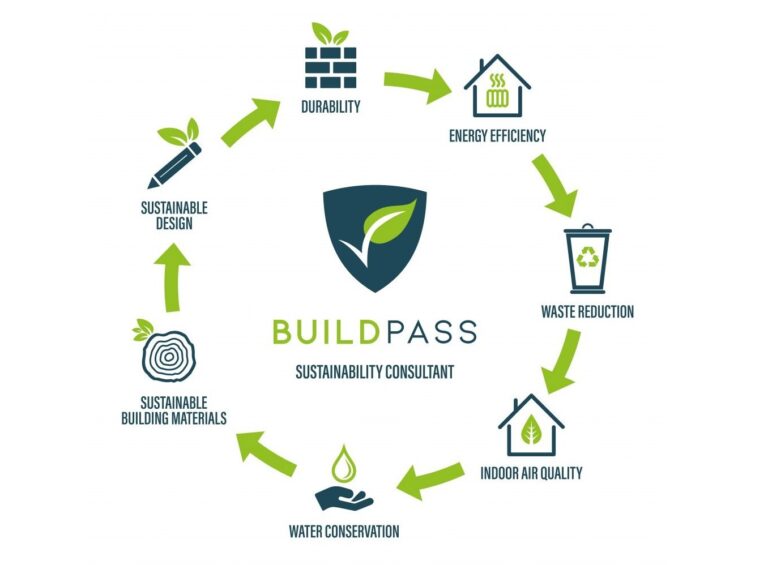

As the world increasingly shifts towards eco-conscious living, Pakistan’s construction industry is beginning to recognize the importance of sustainable building practices. Sustainable construction, which focuses on reducing environmental impact through energy efficiency, resource management, and eco-friendly materials, is not just a trend—it’s the future of the industry.
Why Sustainable Construction Matters
With rapid urbanization and growing energy demands, Pakistan faces significant environmental challenges. Traditional construction methods, reliant on resource-heavy materials and wasteful processes, contribute to environmental degradation and rising carbon emissions. Sustainable construction aims to address these issues by adopting practices that minimize harm to the environment while maximizing efficiency.
Key Elements of Sustainable Construction
- Energy Efficiency: Sustainable buildings are designed to reduce energy consumption through smart technologies like solar panels, energy-efficient HVAC systems, and insulation materials that maintain indoor temperatures with less energy use.
- Eco-Friendly Materials: Using locally sourced, recycled, or renewable materials helps lower the carbon footprint of construction. Bamboo, recycled steel, and environmentally friendly concrete are just a few examples of materials that can enhance a building’s sustainability.
- Water Conservation: Sustainable construction also emphasizes water conservation, incorporating rainwater harvesting systems, water-efficient plumbing fixtures, and landscaping designs that minimize water usage.
- Waste Management: Reducing construction waste is a critical component of eco-friendly building. Sustainable practices encourage the reuse of materials, recycling, and minimizing onsite waste to decrease landfill contributions.
Benefits for Developers and Communities
- Cost Savings: While sustainable construction might have higher upfront costs, long-term savings in energy and maintenance more than compensate. Energy-efficient buildings lower utility bills, making them more attractive to buyers and investors.
- Healthier Living Spaces: Sustainable buildings are designed with natural light, proper ventilation, and non-toxic materials, creating healthier living and working environments. This can boost productivity in corporate spaces and enhance well-being in residential homes.
- Increased Property Value: With growing awareness of environmental issues, there is a rising demand for eco-friendly homes and offices. Sustainable buildings tend to have higher resale values, making them a wise investment for developers.
The Path Forward for Pakistan
In Pakistan, sustainable construction is still in its early stages but is gaining momentum. As more developers, architects, and builders embrace eco-friendly practices, we will see a transformation in the way buildings are designed and constructed. Government initiatives that promote green building certifications and sustainable urban planning will play a crucial role in driving this shift.
At Akhtar Associates, we believe in the importance of sustainability in shaping the future of construction. By integrating eco-friendly practices into our projects, we aim to contribute to a greener, more resilient Pakistan. Sustainable construction is not just a necessity—it’s an opportunity to create buildings that serve both people and the planet.

